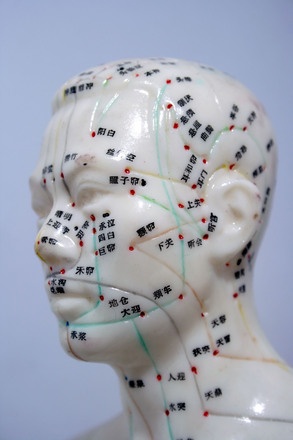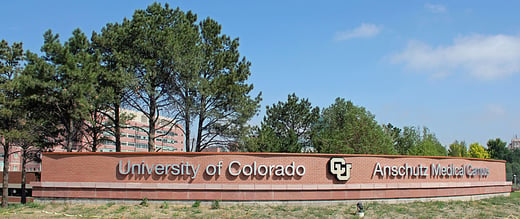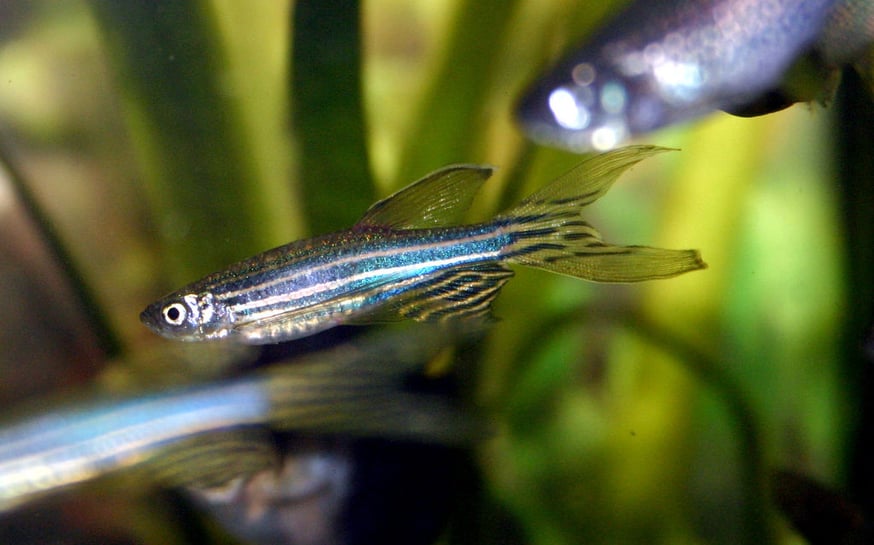
Seven researchers from the University of California, San Francisco have received “high-risk, high-reward” grants for biomedical research.
Read More
Tags:
CA,
University of California San Francisco,
Medical Research,
cancer research,
California,
Biomedical Reearch,
San Francisco,
SFVS,
Research Funding,
UCSF,
UC San Francisco,
NIH funding,
Southwest Region,
Mission Bay,
UCSF Mission Bay,
2016,
BioResearch Product Faire™

The Texas Medical Center is growing yet again, amid the imminent renovation and expansion of the Memorial Hermann-Texas Medical Center Campus. (image source: memorialhermann.org)
Read More
Tags:
Biomedical expansion,
Medical Research,
new medical facility,
Texas Medical Center,
Texas,
Research Funding,
TX,
Southwest Region,
new Building,
research facilities,
new medical buildings,
2016,
BioResearch Product Faire™,
Memorial Hermann
 During pregnancy, much of a fetus’ development is contingent on the condition and function of the placenta. It is responsible for the transmission of substances from mother to child that are critical to early development, including blood, oxygen and nutrients, without which the fetus could not exist. Sometimes, however, environmental effects can cause deficiencies in the placenta, which can lead to harmful side effects such as preterm birth or even death.
During pregnancy, much of a fetus’ development is contingent on the condition and function of the placenta. It is responsible for the transmission of substances from mother to child that are critical to early development, including blood, oxygen and nutrients, without which the fetus could not exist. Sometimes, however, environmental effects can cause deficiencies in the placenta, which can lead to harmful side effects such as preterm birth or even death.
Read More
Tags:
CA,
University of California Los Angeles,
Medical Research,
California,
Los Angeles,
Development,
UCLA,
Biotechnology Vendor Showcase,
NIH funding,
NIH award,
Southwest Region,
2016,
best science tradeshows,
pollution,
pregnancy
Tags:
East Coast Bioscience Shows,
biomedical research,
Medical Research,
Duke University,
North Carolina,
disease research,
Research Funding,
Durham,
NC,
Duke,
Southern Region,
2016,
BioResearch Product Faire™,
duke medicine
 Researchers at the University of California, Irvine have recently found that people with hypertension can benefit from electroacupuncture – a form of acupuncture that uses electrical currents to stimulate various pressure points in the body.
Researchers at the University of California, Irvine have recently found that people with hypertension can benefit from electroacupuncture – a form of acupuncture that uses electrical currents to stimulate various pressure points in the body.
Read More
Tags:
CA,
Medical Research,
University of California Irvine,
California,
2015,
Irvine,
NIH funding,
Southwest Region,
UCI,
pulmonary hypertension,
UC Irvine,
NIH grants,
BioResearch Product Faire™,
acupuncture
A new study by science researchers at Fred Hutchinson Cancer Research Center found that a number of lifestyle changes may be able to reduce the risk of or manage esophageal cancer. People who don’t smoke, keep their weight down, get regular exercise, eat a diet rich in fruits and vegetables, don’t eat four hours before they go to sleep, and avoid foods and beverages that give you heartburn (including caffeine, alcohol, chocolate, peppermint, onions, green peppers and foods that are high in fat) have a greatly reduced risk of getting esophageal cancer. Another Fred Hutchinson study found that cholesterol-reducing drugs are also associated with reduced risk.
Tags:
2014,
2013,
Fred Hutchinson Cancer Research Center,
Washington,
Medical Research,
WA,
Northwest,
cancer research,
WA research,
Washington Life Science,
Cancer Treatment,
BioResearch Product Faire Event,
Seattle,
research science information,
Hutch,
Cancer Center
Medical students at Duke University finally have their own home after being spread out over the medical campus for 73 years. Filled with natural light from the glass walls and study nooks for doing work, this building is a gorgeous feat of architecture. It has been named the Mary Duke Biddle Trent Semans Center for Health Education, and it’s located right in the middle of the medical campus. The center provides a space for medical students who used to have to study in the basement of Duke Medicine’s Purple Zone, the Davison Building and every so often, spaces rented for large gatherings.
Tags:
2014,
2013,
Medical Research,
Duke University,
North Carolina,
Mary Duke Biddle Trent Semans Center,
Southern,
BioResearch Product Faire Event,
Durham,
NIH,
NC,
science researcher,
science research trade show,
Duke,
NSF,
new Building,
lab supplier
Each year millions of Americans risk undergoing surgery for a variety of problems such as organ transplants, mending broken bones and cosmetic surgeries. Often surgery is necessary to fix ongoing health problems with the benefits of the surgery usually outweighing the risks. Despite the potential risks to surgery patients, in the United States more than 48 million surgeries are performed each year. In most cases, undergoing surgery is relatively risk free, but not always.
Read More
Tags:
2014,
Bioscience research,
2013,
biomedical research,
University of Colorado,
Medical Research,
Drug Discovery,
DNA Research,
Southwest,
National Jewish Health,
Anschutz Medical Campus,
BioResearch Product Faire Front Line Event,
BioResearch Product Faire Event,
Denver,
CO,
public health,
NJH,
Fitz,
Aurora





 During pregnancy, much of a fetus’ development is contingent on the condition and function of the placenta. It is responsible for the transmission of substances from mother to child that are critical to early development, including blood, oxygen and nutrients, without which the fetus could not exist. Sometimes, however, environmental effects can cause deficiencies in the placenta, which can lead to harmful side effects such as preterm birth or even death.
During pregnancy, much of a fetus’ development is contingent on the condition and function of the placenta. It is responsible for the transmission of substances from mother to child that are critical to early development, including blood, oxygen and nutrients, without which the fetus could not exist. Sometimes, however, environmental effects can cause deficiencies in the placenta, which can lead to harmful side effects such as preterm birth or even death.
 Researchers at the
Researchers at the  Researchers at the
Researchers at the